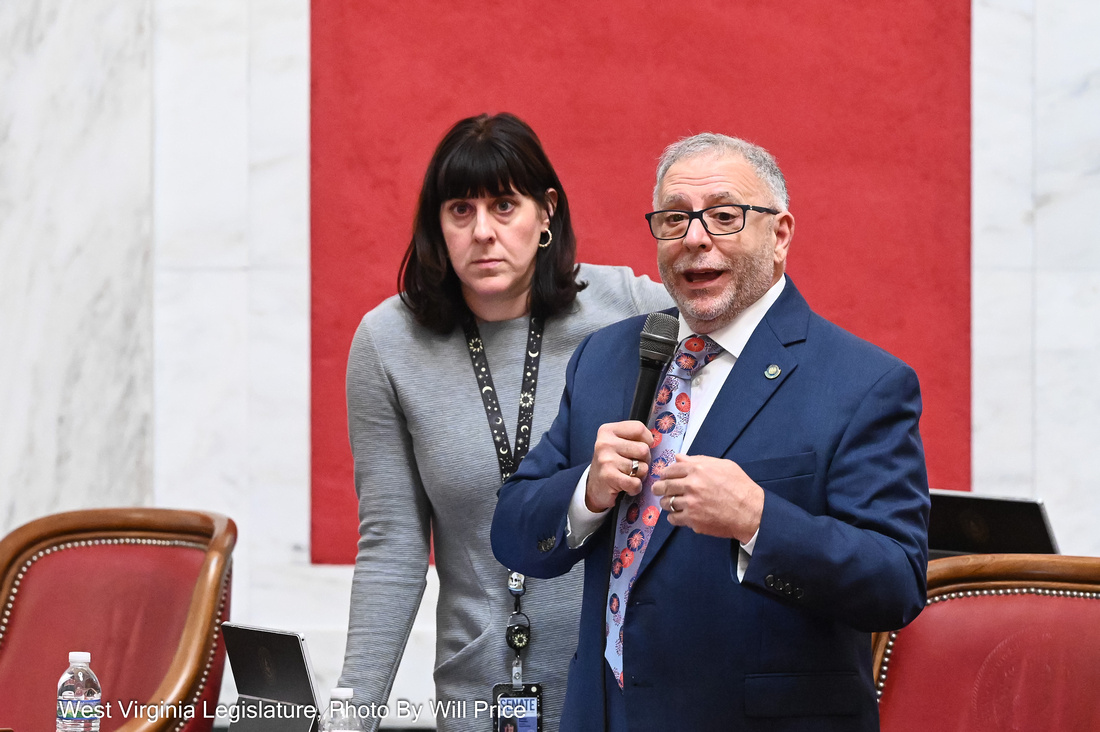West Virginia has the highest per capita rate of people with disabilities in the nation. One in three West Virginians has a disability.
Eric Thompson founder and Director of Access-On-The-Go says there is a need for more accessible recreation in the state.
West Virginia has the highest per capita rate of people with disabilities in the nation. One in three West Virginians has a disability.
Eric Thompson founder and Director of Access-On-The-Go says there is a need for more accessible recreation in the state.
“When it comes to accessibility, people with disabilities want to recreate in all the same ways that able bodied people want to,” Thompson said. “As long as we have the ability to do so, and basically have the infrastructure available.”
Accessibility And Beyond
Other states like Colorado, Idaho, and Utah have fully adaptable resorts and recreating areas, however West Virginia is still lagging behind with fewer options for outdoor recreators with disabilities. Thompson said West Virginia is an untapped market.
“So if you’re not running a business that’s fully accessible and inclusive, you’re not really running very good businesses,” Thompson said.
He said that when it comes to accessibility in recreation, having accessible infrastructure like ramps, paved parking lots, bathrooms, and ramps is a start. However, he says it should go beyond that, like adaptive skiing, mountain biking, and even whitewater rafting — and make money doing so.
Money On The Table
“We can do a lot better job catering to that market to be able to use that economic development there. And again, it’s a win-win situation because it’s not even really costing money since there are tax incentives available for small businesses. It’s up to $20,000 a year to pave parking lots, do entrances, do bathrooms and share what you’re already wanting to share, just with everybody.”
Last year, tourism had its highest recorded economic impact, generating more than $7 billion for the state. Thompson said that the legislature should prioritize the largest minority in the United States, people with disabilities, by adding accessibility and adaptability to state-owned facilities and expanding incentives for privately-owned outdoor recreation facilities.
The Present And Future Of Accessibility
“I’m hoping in the future that we can work to branch out to bring more adaptive biking to those locations like our state parks,” Thompson said. “We have a great opportunity to basically copy some of the other programs that have happened to other states such as Georgia and Minnesota and Pennsylvania, where they’ve got adaptive mobility equipment into the park system. So people with disabilities can check out,track chairs or special types of offered wheelchairs where they can actually go and enjoy the parks.”
There are places in West Virginia that offer adaptive outdoor recreation like Canaan Valley Resort State Parks adaptive skiing, Snowshoe’s Adaptive Skiing program, and Snowshoe’s adaptive mountain biking program. There are also accessible guides like WVU’s Accessible Recreation Guide.
